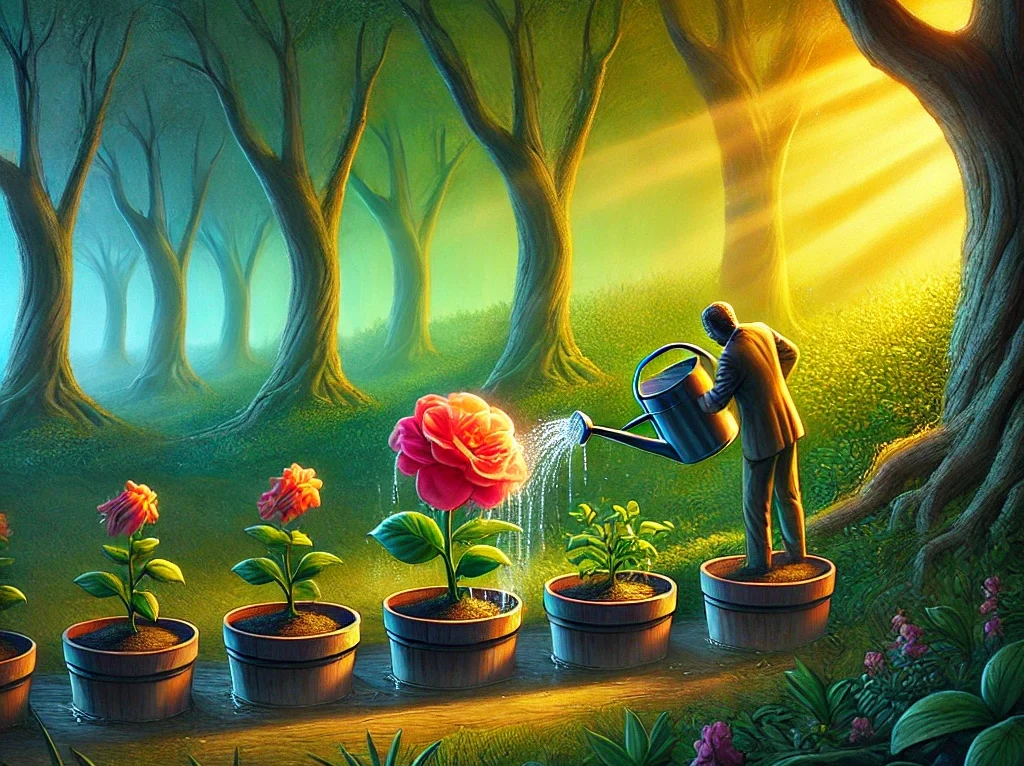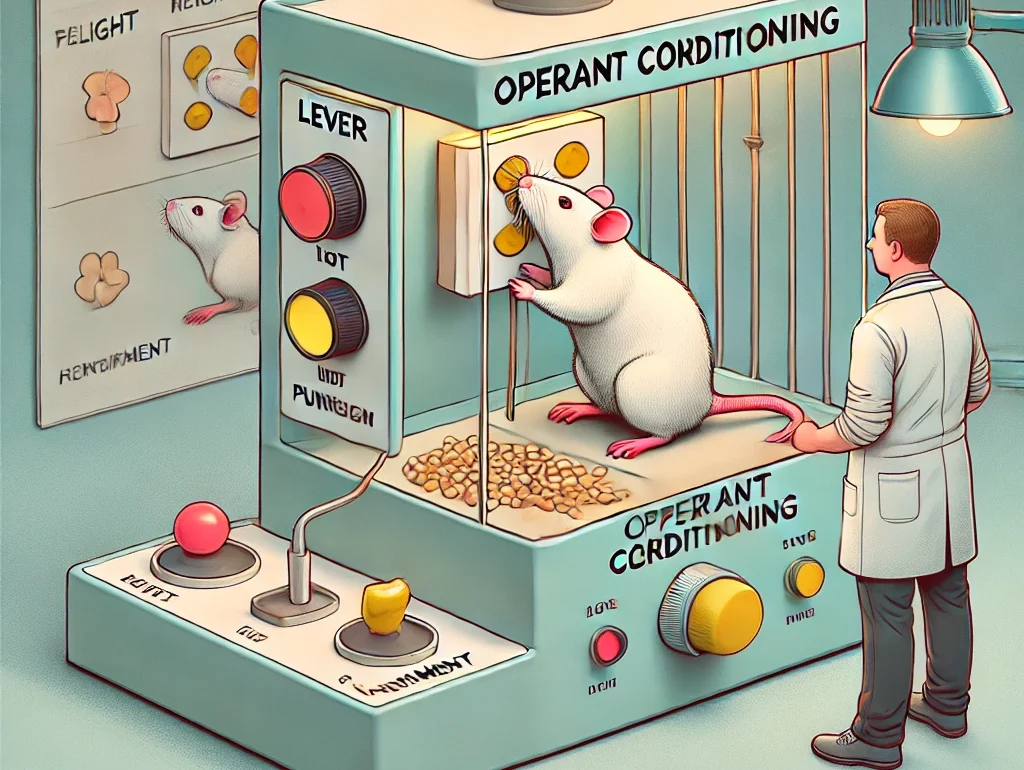
Have you ever caught a whiff of a scent—freshly baked cookies, wet pavement, or an old perfume—and suddenly been transported back to a vivid moment from your childhood? Maybe it wasn’t just a memory, but an entire scene that came rushing back: the room, the emotions, the people, the mood. That powerful, involuntary experience is what scientists and writers alike call The Proust Effect.
Named after the French novelist Marcel Proust, this effect originates from a famous passage in his 7-volume novel In Search of Lost Time. In it, the narrator dips a madeleine cake into tea, and the flavor suddenly brings back a rich, forgotten memory from his childhood. It’s not just nostalgia—it’s a total sensory experience that seems to bypass conscious thought. The term now refers to how smells (and sometimes tastes) can evoke intensely emotional and detailed autobiographical memories, often far more vividly than memories triggered by sights or sounds.
Why does this happen? The science behind it lies in the unique neurological wiring of our senses. Unlike visual or auditory information, smells are processed in the brain’s olfactory (that’s just a fancy word for smell) bulb, which is directly connected to the amygdala (emotion center) and the hippocampus (memory center). This close anatomical connection means that olfactory signals don’t get filtered through logic or language first—they take a fast track to emotion and memory. That’s why the smell of a certain flower might not just remind you of your grandmother’s house—it might make you feel like you’re right back there, emotionally and physically.
Researchers like Rachel Herz, a cognitive neuroscientist, have explored this in depth. Her work confirms that odor-evoked memories are older, more emotionally potent, and more detailed than memories prompted by other cues. This phenomenon is now being explored in therapies for PTSD, dementia, and even marketing—brands often use scent to create emotional connections that stick.
The Proust Effect shows us that we’re walking memory museums, each scent carrying the potential to unlock entire chapters of our past.
RELATED POSTS
View all


